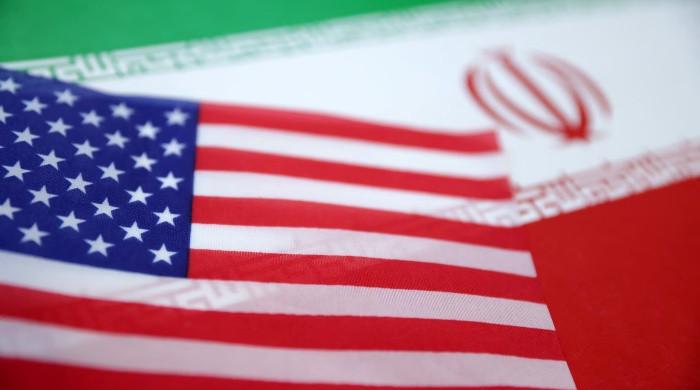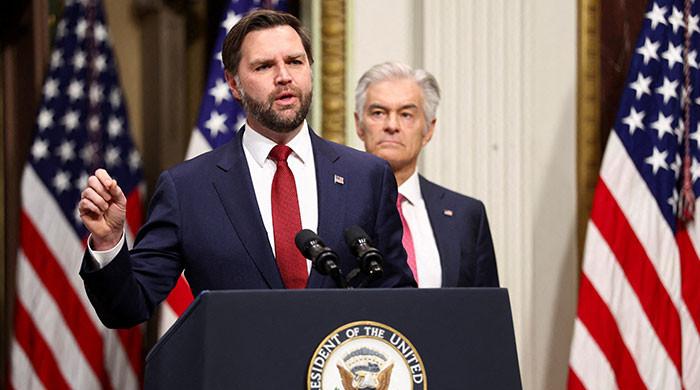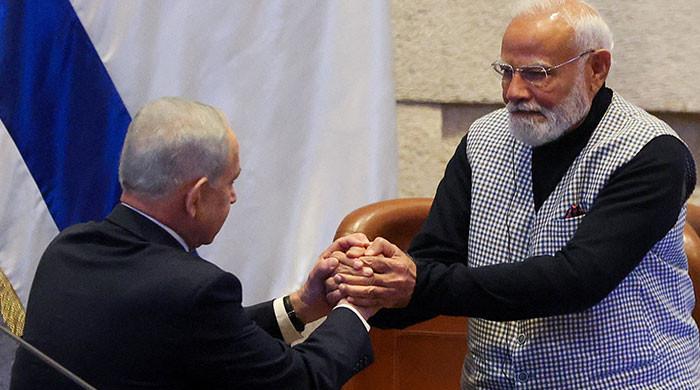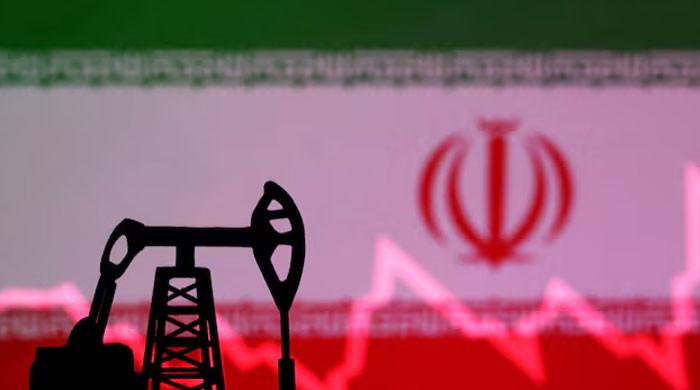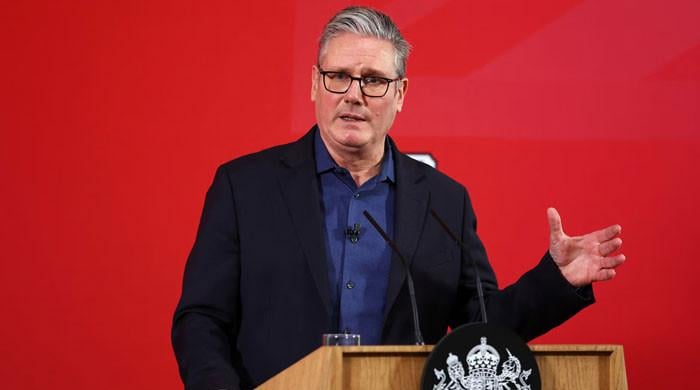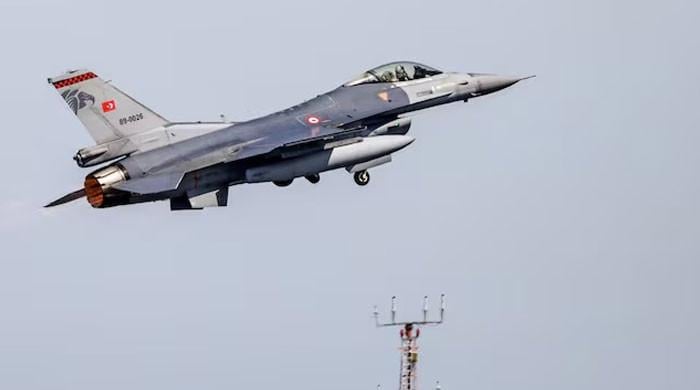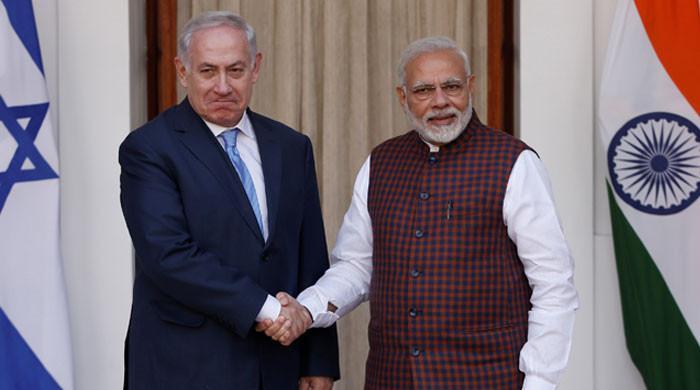US judge rules 9/11 victims cannot seize Afghan central bank funds
Judge says he was "constitutionally restrained" from awarding assets to families as it would mean recognising Taliban as legitimate Afghan govt
February 22, 2023
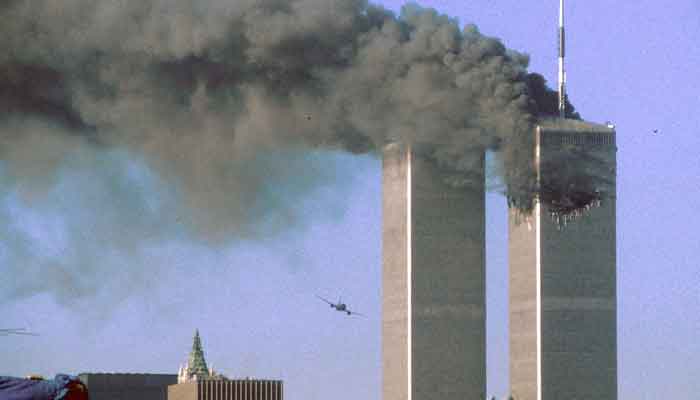
- Assets were held in Federal Reserve Bank of New York last year.
- Group of families moved to seize funds to pay off judgement debt.
- Judge says Taliban must pay for Taliban's liability in 9/11 Attacks.
NEW YORK: The families of victims of the September 11, 2001, terror attacks cannot seize $3.5 billion in funds belonging to Afghanistan's central bank, a New York federal judge ruled Tuesday.
The assets, held in the Federal Reserve Bank of New York, were frozen on August 15, 2021 — the day the Taliban entered Kabul and toppled the US-backed Afghan government. US President Joe Biden later said the money could be made available to the families of 9/11 victims.
A group of families — who years earlier sued the Taliban for their losses and won — has since moved to seize the funds to pay off the judgement debt.
But Judge George Daniels of the Southern District of New York said Tuesday that the federal courts lack the jurisdiction to seize the funds from Afghanistan's central bank.
"The Judgment Creditors are entitled to collect on their default judgements and be made whole for the worst terrorist attack in our nation's history, but they cannot do so with the funds of the central bank of Afghanistan," Daniels explained in a 30-page opinion.
"The Taliban — not the former Islamic Republic of Afghanistan or the Afghan people — must pay for the Taliban's liability in the 9/11 Attacks."
Daniels also said he was "constitutionally restrained" from awarding the assets to the families because it would effectively mean recognising the Taliban as the legitimate government of Afghanistan.
Since the group's takeover in 2021, no nation has recognised the Taliban as Afghanistan's government — including the United States.
"The fundamental conclusion... is that neither the Taliban nor the Judgment Creditors are entitled to raid the coffers of the state of Afghanistan to pay the Taliban's debts."
Daniels' ruling, which aligns with a recommendation by another judge last year, deals a blow to the families of the victims of 9/11, as well as insurance companies that made payments because of the attacks.
More than 2,900 people died when four hijacked planes crashed into the Twin Towers in New York, the Pentagon in Washington, DC, and a field in Pennsylvania.
Then-president George W Bush launched an invasion of Afghanistan in response, resulting in two decades of war between the US-backed government and the Taliban.
With the withdrawal of US and NATO troops in August 2021, the Taliban retook power.
The country was almost entirely dependent on aid, and has seen its economy teeter on the brink of collapse when Washington froze $7 billion in Afghan assets.
Biden revealed a plan in February 2022 to split the cash, with half directed as aid to Afghanistan and half going to families of victims of the 9/11 attacks.
But it remains unclear what will happen to the latter $3.5 billion set aside for the families if their appeals fail.




